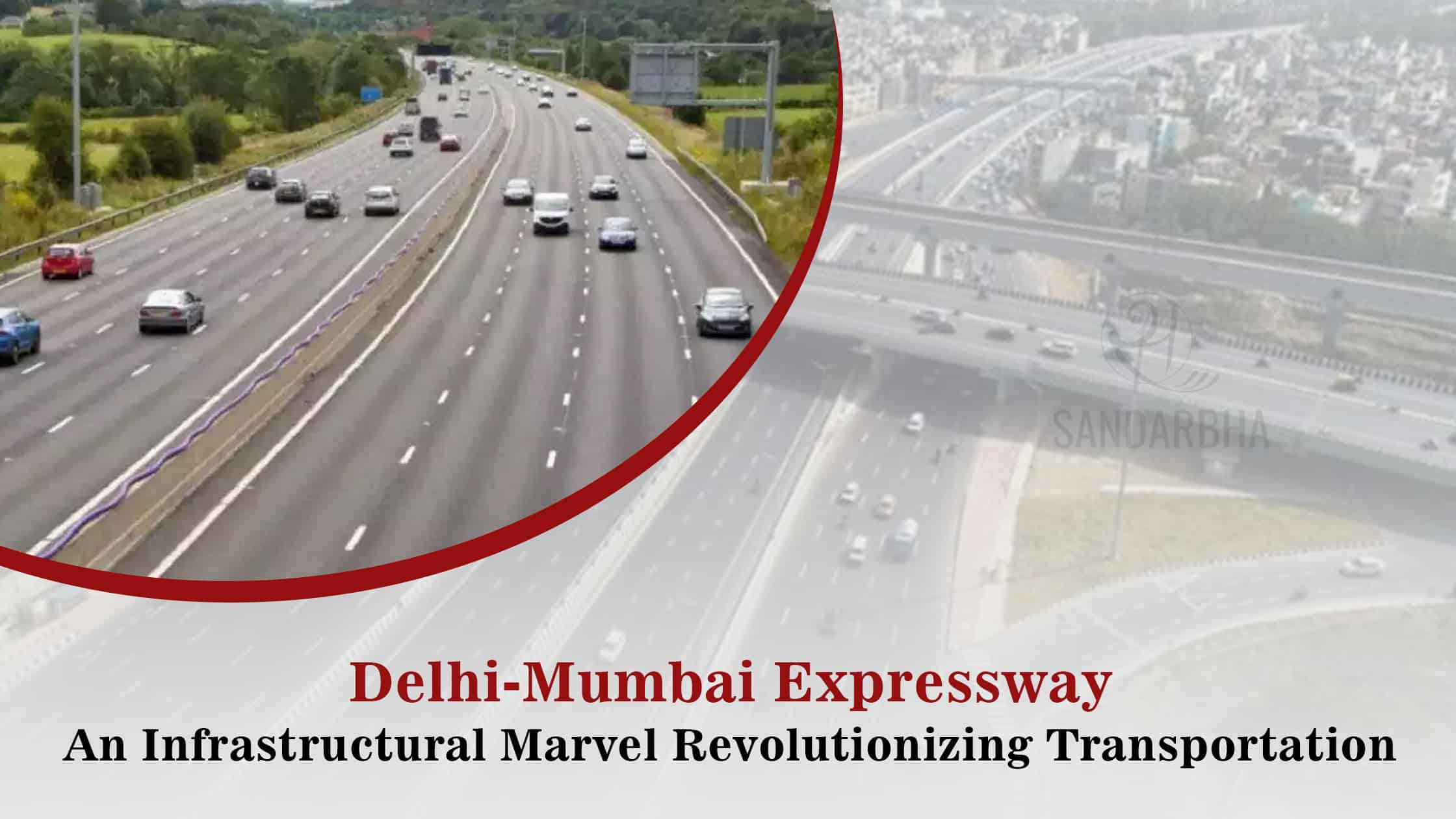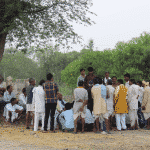A much anticipated project of the Ministry of Road Transport and Highways, the Delhi-Mumbai Expressway’s first segment was inaugurated by Narendra Modi on February 12, 2023. This ambitious project took social media by storm with its marvelous infrastructure, which was circulated widely and drew interest among the public. It is a significant project with a focus on a radical shift in the infrastructural and transportation infrastructure of the country while boosting the economy. This recently inaugurated expressway is all set to cut the trip from Delhi to Jaipur by 3 hours with a 246-kilometer Delhi-Dausa-Lalsot portion.
This strategic and marvelously designed expressway is all set to reduce the travel time by half from 24 hours to 12 hours and make a progressive change in the transportation and connectivity between metropolitan cities Delhi and Mumbai. Stretched at a distance of 1380 kilometers, this project harbors 8 lanes, which is believed to be an advantage for cities along its route by reducing the time and distance between them.
As per Nitin Gadkari, the minister of roads and highways, the Sohna-Dausa section of the expressway would facilitate a 2-hour trip between Delhi and Jaipur with a speed limit of 120 km per hour. The project is estimated to be completed by the end of 2023; it was commenced in 2018 with an initial construction budget of 98,000 crores. The Ministry of Road Transport and Highways affirms that the construction of this momentous expressway, also known as the Delhi-Mumbai Industrial Corridor, will aid in cutting down the distance of about 180 km between the two significant metropolises. It is further aforethought to convert the highway to a 12-lane highway eventually, contingent upon the traffic it receives.
Also read: Mumbai Ahmedabad high speed rail project
With shorter travel distance and less travel time, the Expressway is expected to save over 320 million liters of fuel annually and reduce CO2 emissions by 850 million kg, which will have a positive impact on the environment. Moreover, this green initiative, the Expressway, is planned to plant close to 2 million bushes and trees adjacent to the road. About 15000 acres of land have been purchased by the Minister in states such as Haryana, Rajasthan, Gujarat, Maharashtra, and Delhi. Addressing the topic of land acquisition in 2021, Gadkari clarified that farmers had received remuneration that was 1.5 times higher than the property market value.
The structural brilliance of the Delhi-Mumbai Expressway, planned under the Bharatmala Pariyojna, accentuates the construction of an alternate greenfield highway that aids in reducing the travel time by half. Poised to be an engine of growth, development, and connectivity, this expressway is estimated to boost the economy and also attract new investments in the country while improving transportation.











